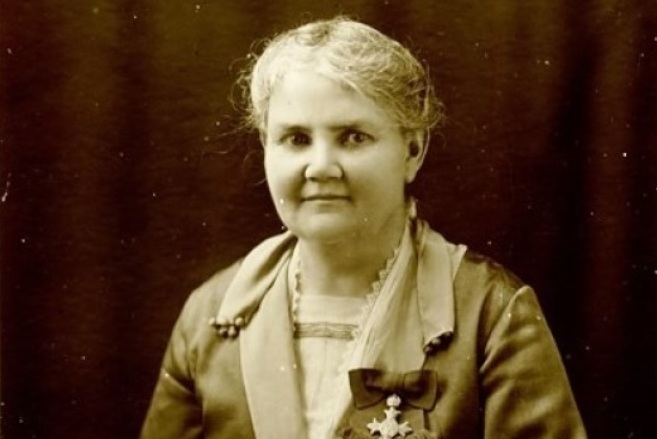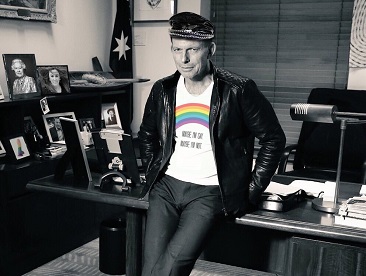On 2 December 1980, three Catholic nuns and another church woman were brutally raped then murdered by a death squad in El Salvador’s tragic civil war. This, in itself, is shocking enough — but there was another reason why people wished they could ignore the horrific crime. The murder was part of a long-running campaign of terror by the El Salvadorian military government, which was being funded by the United States. In 1980, the US gave even more financial and military aid to the El Salvadorian junta than it did to Israel. Nearly 12,000 civilians were murdered by government forces that year — including the high profile Archbishop Oscar Romero, who was shot through the heart while saying mass.
Less than a month after the nuns were killed, the actor turned politician Ronald Reagan was sworn in as President of the United States. The killings had been widely reported. The New York Times in particular had run several articles on the death squads and their direct link to the government. Reagan chose the path of wilful ignorance. His administration went on the offensive and branded the Times journalists as communist sympathisers. Military aid and equipment increased in 1981. The number murdered that year is estimated at 16,000. In 1982, US aid nearly doubled to $82 million, and Reagan assured the public that, despite the reporting of ‘rouge’ journalists, the killings were the result of independent guerrillas — not the government of El Salvador.
The civil war in El Salvador went on for 12 bloody years. It ended in 1990, claiming some 75,000 victims. The United States finally reduced their aid after the United Nations stepped in. With the 1992 release of the UN Truth Commission report and the confirmation of serious abuses of human rights on the part of the government, the US ended all aid. In 2002, George W. Bush visited El Salvador on the anniversary of Archbishop Romero’s death to celebrate the success of his father, who was Reagan’s vice-president before winning the top job.
As the BBC deftly put it:
‘It takes a serious re-writing of history to portray El Salvador as a US success story.’
Why is ignorance so much easier than the truth? Why would a government and most of the nation prefer to ignore the facts than face them and change policy? Is it to do with pride? Are our egos too fragile to admit when we are in error? Or is it fear? Are we too afraid to have our worldviews challenged?
Consider climate change. How much clear scientific consensus does it take before deniers submit to the obvious? How about evolution? Why is it that opposition has been so fierce for so long? Ultimately, we are left with the haunting realisation that wilful ignorance is fuelled by ideological warfare. When someone is fundamentally committed to a worldview, they will dispute, discredit, ridicule, but preferably just ignore any and all evidence to the contrary. Reagan’s America simply did not want to believe that their government was funding a brutal regime of terror — so they didn’t. They simply ignored the crimes and where they could not ignore them, they obfuscated the facts and sought a scapegoat. The big oil and coal companies have no interest in learning what damage they do to the environment, just as tobacco companies ignored health science for decades. Those Christians who read Genesis as a literal scientific text are similarly disinclined to entertain anything that undermines six day, young earth, creationism.
Wilful ignorance is part of the human condition. We prefer to explore new ideas in a controlled environment, where we expose only a small aspect of our worldview to the microscope. It is easier still to simply retreat into a self-righteous shell of fear and to despise the ideological other. Although a valuable defence mechanism, it is healthy to challenge ourselves. It is crucial for our intellectual finesse to at least question a few things from time to time. It may be discomforting to think that the party you always voted for may actually be in the wrong, or the war you always supported may be unjustifiable. Surely that is better than looking back, decades later, and learning you were consistently on the wrong side of history. I will always respect the people who change a major aspect of their worldview. That is not weakness. That is the ability to think, to reason and reassess. That is the greatest strength of all.
(Click here to read more of Benny Jones' Thematic Musings.)









